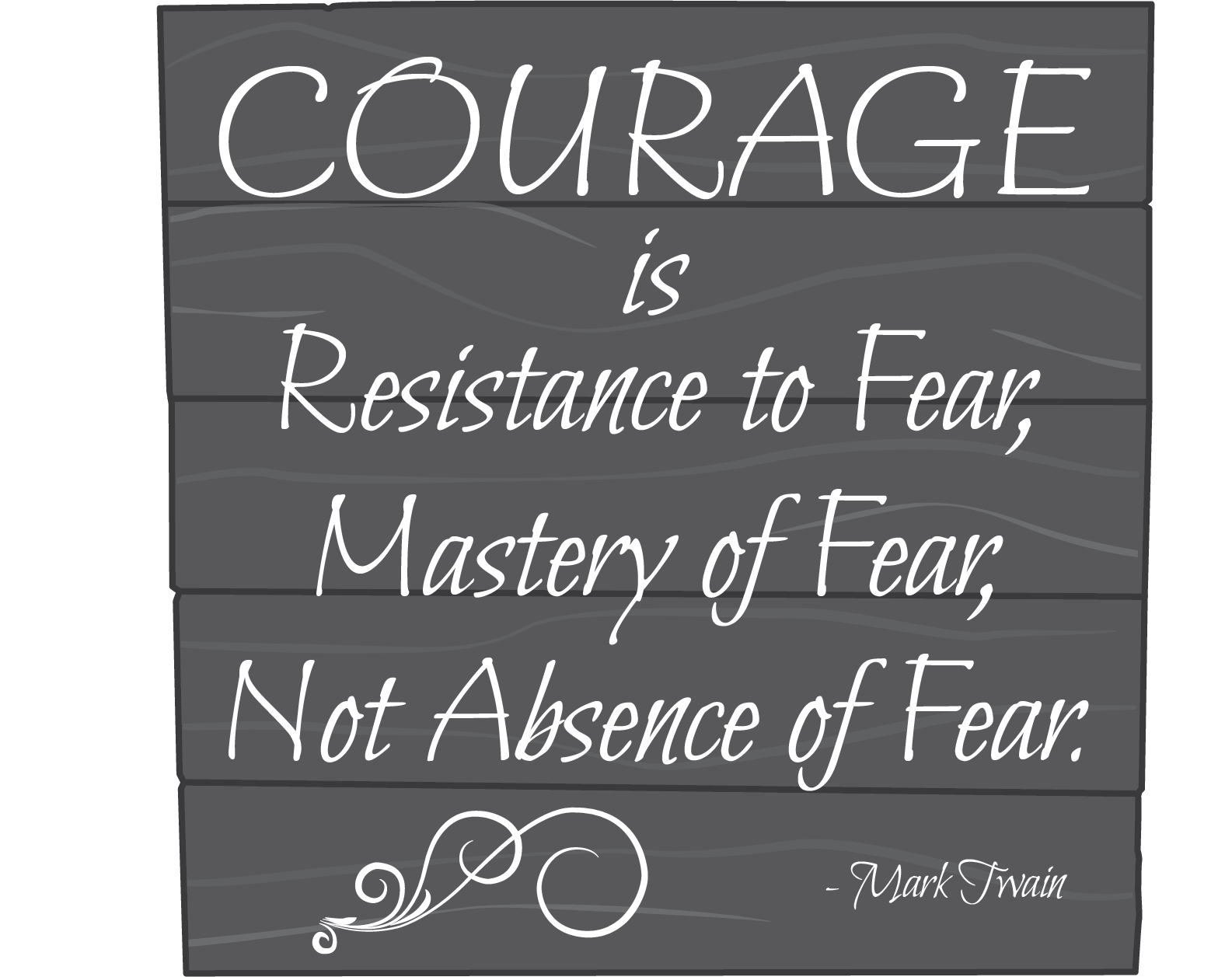At some point, for the sake of the planet and all of the life that depends on it, everyone must make their own decisions and choose the right path.
– Ricky
How can you help animals in your own life?
Here are some ways!

Reduce or eliminate meat from your diet! (Go vegetarian or vegan)
Meat is made up of animals that are thinking and feeling creatures worthy of our respect. Typically these animals live through terrible conditions before they are eventually killed and cut up into parts to be sold in a store. Someone who doesn’t eat meat is considered a vegetarian. Someone who doesn’t consume any animal products at all (including eggs and dairy) is considered a vegan.
Considering how many food and other products are created using animals in one way or another, it can be challenging to avoid them all. But it’s worth it! This not only helps animals directly, but also helps reduce deforestation, pollution, and other harmful side effects of the meat, dairy, and egg industries. It’s better for your own health too! Read ingredient labels carefully and look for plant-based options wherever you buy food. There are lots of great egg and meat alternatives out there.
More info from the experts:
Harvard Health: https://www.health.harvard.edu/staying-healthy/becoming-a-vegetarian
PETA: https://www.peta.org/issues/animals-used-for-food/
ASPCA: https://www.aspca.org/animal-cruelty/farm-animal-welfare

Don’t hunt animals and reduce or eliminate your use of animal products!
Hunting is a way of life for many people, but in our modern society, it is rarely necessary anymore. Some people hunt for fun because it’s a hobby or a tradition in their family. Well, it’s time for new hobbies and traditions! Target shooting can be just as fun, and “shooting” an animal by taking its picture with a camera is a much kinder alternative.
Animal parts are used in so many day-to-day products that they can be difficult to avoid, but again it’s worth it! Don’t buy products that contain real leather or fur of any kind. This can include things like shoes, jackets, wallets, chairs, books, and even cars. There are lots of faux alternatives that are fabulous. Also, let manufacturers know that you want the choice to not buy a product that requires the death of an animal.
More info from the experts:
PETA: https://www.peta.org/issues/animals-used-for-clothing/

Avoid products that have been tested on animals and support cruelty-free research!
Science is a wonderful thing, as is the creativity of the human mind. Testing on animals is often cruel and there are better ways to conduct scientific research that don’t involve harming helpless animals.
More info from the experts:
PETA: https://www.peta.org/issues/animals-used-for-experimentation/
PCRM: https://www.pcrm.org/ethical-science
Cruelty-free cosmetic shopping: https://www.onegreenplanet.org/lifestyle/how-to-read-a-cruelty-free-cosmetics-label/

Be brave and stand up for animals!
Whether it’s your own pets, a squirrel crossing the road, a raccoon looking for a snack, or a farm animal that you can’t even see – stand up for animals in every way that you can!
Make good choices when it comes to your own food and product purchases. Encourage others to do the same. Let them know about Ricky and his adventures if it made a difference in your own life.
Donate to good organizations that help animals, and reach out to your local, state, and national representatives to let them know that animals need to be a priority. Vote for candidates that care.
Help any animal that you see in distress by contacting local animal control authorities and/or animal rehabilitators.
Sometimes it might seem like a thankless and daunting task, but it’s one worth pursuing. Keep at it and together we can choose the right path!
Lastly, anything that helps us move towards sustainability and reduced pollution is good for every animal on the planet!
Use less plastic.
Recycle properly.
Dispose of hazardous materials properly.
Use less fossil fuels (i.e. switch to an all-electric car).
Get solar panels or switch your electric provider to one that is 100% renewable.
Vote for representatives that will put the environment first.
ADDITIONAL RESOURCES:
Top 10 ways to save wildlife: https://share.america.gov/top-10-ways-save-wildlife/
How to find a wildlife rehabilitator in your area:
or
https://www.humanesociety.org/resources/how-find-wildlife-rehabilitator
Tips for living a more sustainable life: https://theminimalistvegan.com/live-a-more-sustainable-lifestyle/

